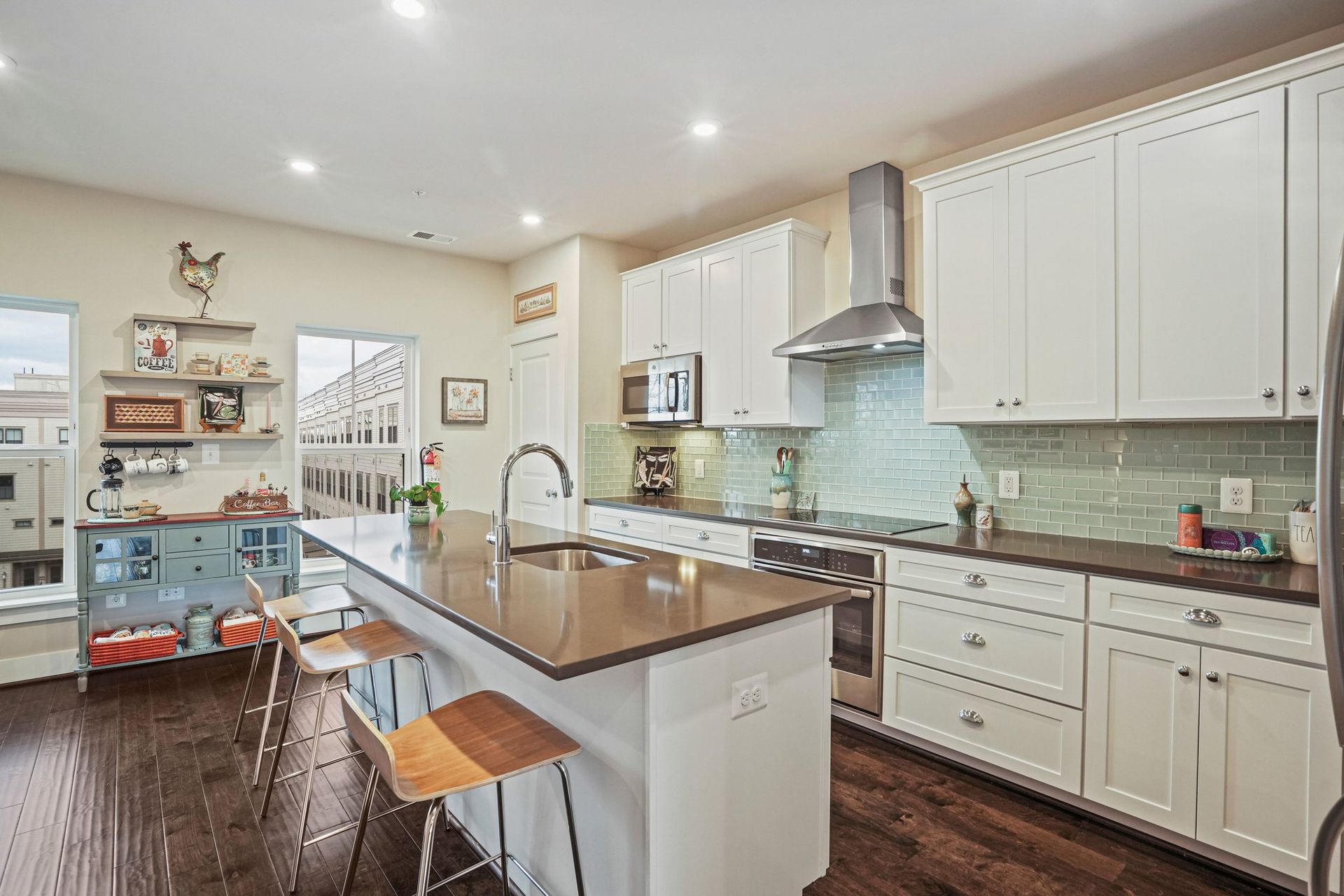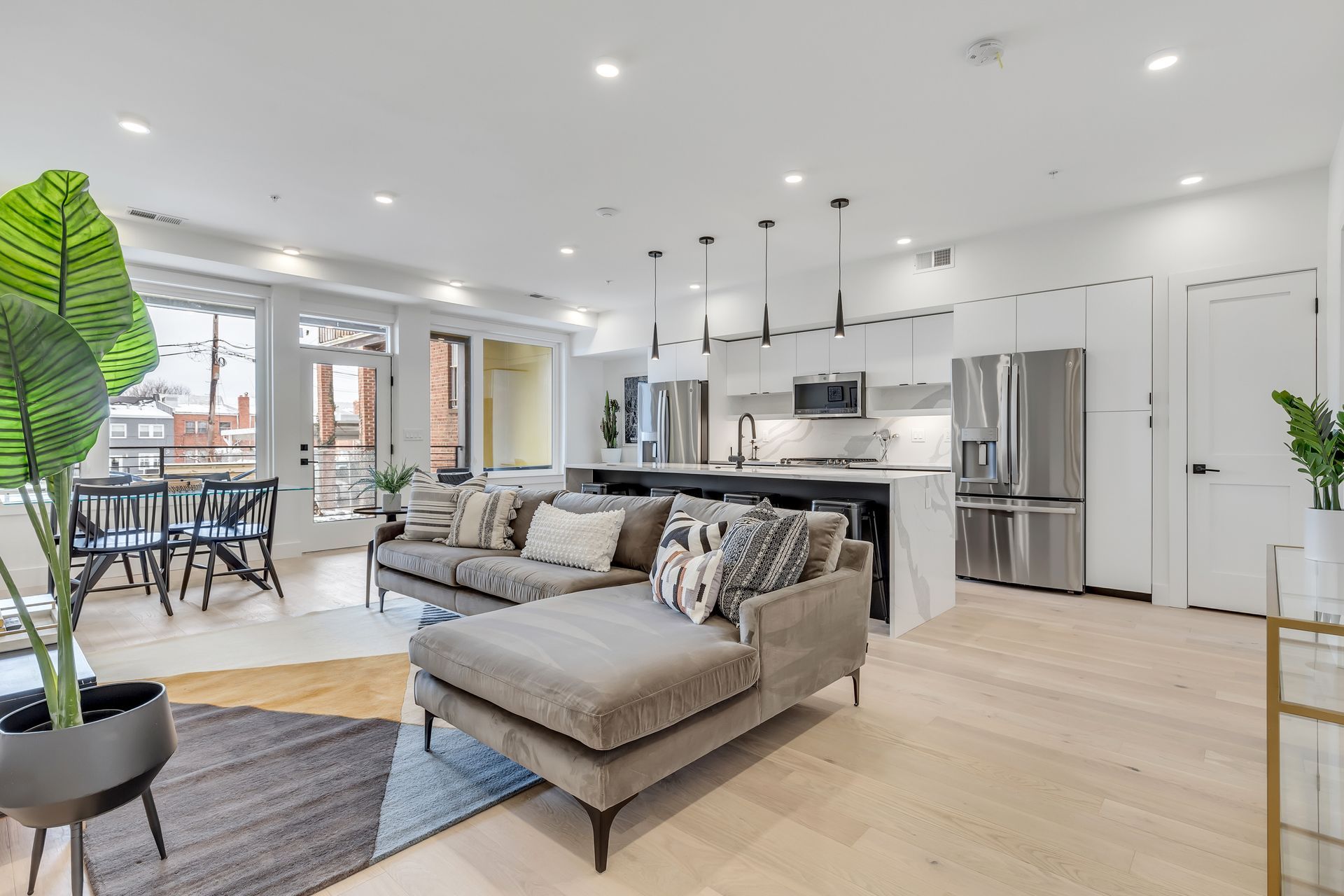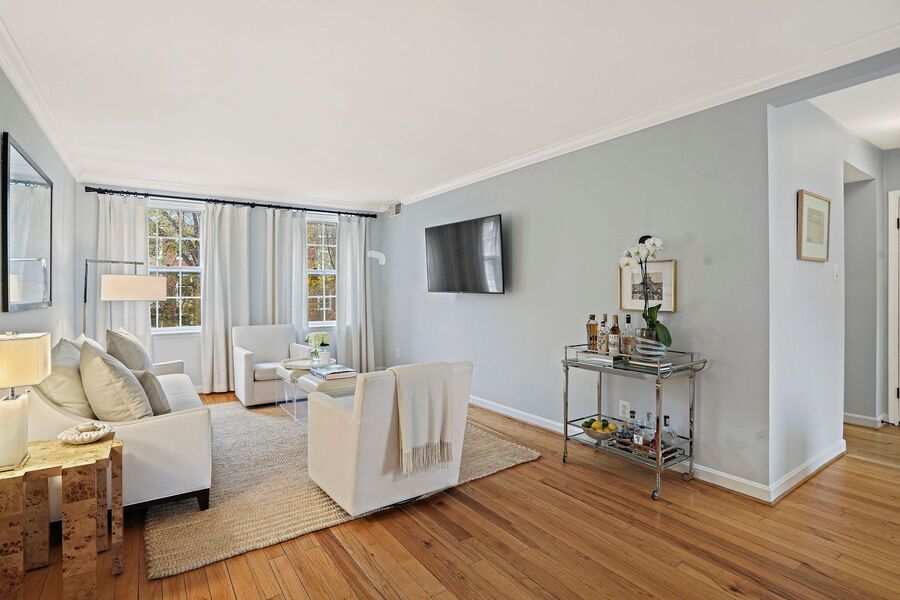A Complete Budget Guide for DC Multi-Family Property Owners
Nest DC
As a property owner in Washington DC, smart budgeting for your small multi-family building is essential for long-term success. At Nest DC, we've seen how proper financial planning transforms stressful ownership into profitable, sustainable investments. Whether you're managing a newly acquired property or reassessing your existing building's budget, this guide will help you plan effectively.
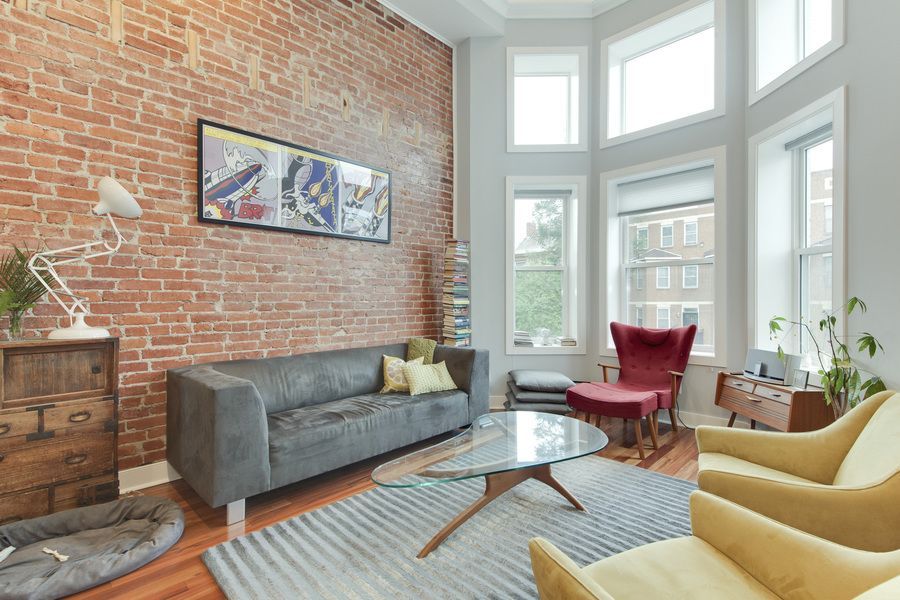
The Essential Budget Breakdown for a 4-Unit DC Building
Creating a comprehensive budget requires understanding both income potential and the full spectrum of expenses you'll face throughout the year.
Income Sources
Your property's income will primarily come from monthly rent, but don't overlook additional revenue streams. When calculating rental income, factor in a 5-7% vacancy rate to avoid overestimating. Consider supplemental income from laundry facilities, parking spaces, pet fees, and move-in fees to enhance your bottom line.
Operating Expenses
Property Taxes and Insurance
Property taxes in DC can fluctuate with assessment changes, so budget conservatively with room for potential increases. For insurance, comprehensive coverage should include liability and property insurance, with additional considerations for flood coverage depending on your building's location.
Utilities in DC
DC has some unique utility arrangements that impact property owners. Water bills are tied to the property deed, making this an owner responsibility regardless of lease terms. Budget for electric costs in common areas, and any utilities that aren't passed to tenants. Don't forget to account for internet and phone services needed for security systems and building operations.
Essential Services
Regular services are critical for maintaining both property value and resident satisfaction. Quarterly pest control services help prevent larger infestations. While four-unit buildings in DC proper typically use municipal garbage service, budgeting for periodic bulk trash removal prevents improper disposal and keeps properties clean.
Regular inspections ensure both safety compliance and early problem detection. Your budget should also include maintenance for access control systems, snow removal (required within 24 hours by DC law), and landscaping services with regular mowing and bi-annual cleanups.
Maintenance & Repairs
This category often catches new property owners by surprise with its scope. For unit turnovers, expect to spend $2,000-$3,000 for a typical one-bedroom with normal wear and tear. Preventive maintenance is crucial and should include regular inspections and servicing of roofs, HVAC systems, gutters, hot water heaters, dryer vents, and drains.
Responsive maintenance covers day-to-day resident requests that inevitably arise. For older buildings, set aside funds for capital improvements such as roof replacement, exterior painting, and major renovations to keep your property competitive and structurally sound.
Professional Management
Professional management protects your investment while saving you time and stress. Typical property management fees range from 6-10% of monthly rental income. Additional budget items include leasing services for tenant placement and various legal and compliance costs for business licenses, inspections, and other regulatory requirements.
Reserve Planning for DC Buildings
Reserve planning is particularly important for pre-1960s properties, which are common throughout the District. Your annual contributions should be based on your building's age, condition, and anticipated capital needs. Factors that influence your specific reserve requirements include your property's location, recent upgrade history, utility arrangements, and current market conditions.
Older DC Building Considerations
If you own a 1950s-era building (or older), you'll face unique budgeting challenges. These properties often require higher maintenance reserves to address aging plumbing and electrical systems, window efficiency upgrades, historic preservation requirements, and potential lead remediation. The charm of these older buildings comes with additional responsibility for proper upkeep.
How Nest DC Helps Property Owners
At Nest DC, we understand the complexities of property management in the District. Our team helps clients create customized budget plans that identify cost-saving opportunities without sacrificing quality. We help you anticipate expenses through preventive planning, track all financial aspects of your property, and handle emergencies efficiently when they arise.
Proper budgeting is the foundation of successful property ownership. Whether you're managing on your own or seeking professional support, understanding these financial components ensures your investment remains profitable for years to come.
Want to protect your investment with professional management? Contact our team today for a consultation. Drop us a line at hello@nest-dc.com or 202-540-8038
